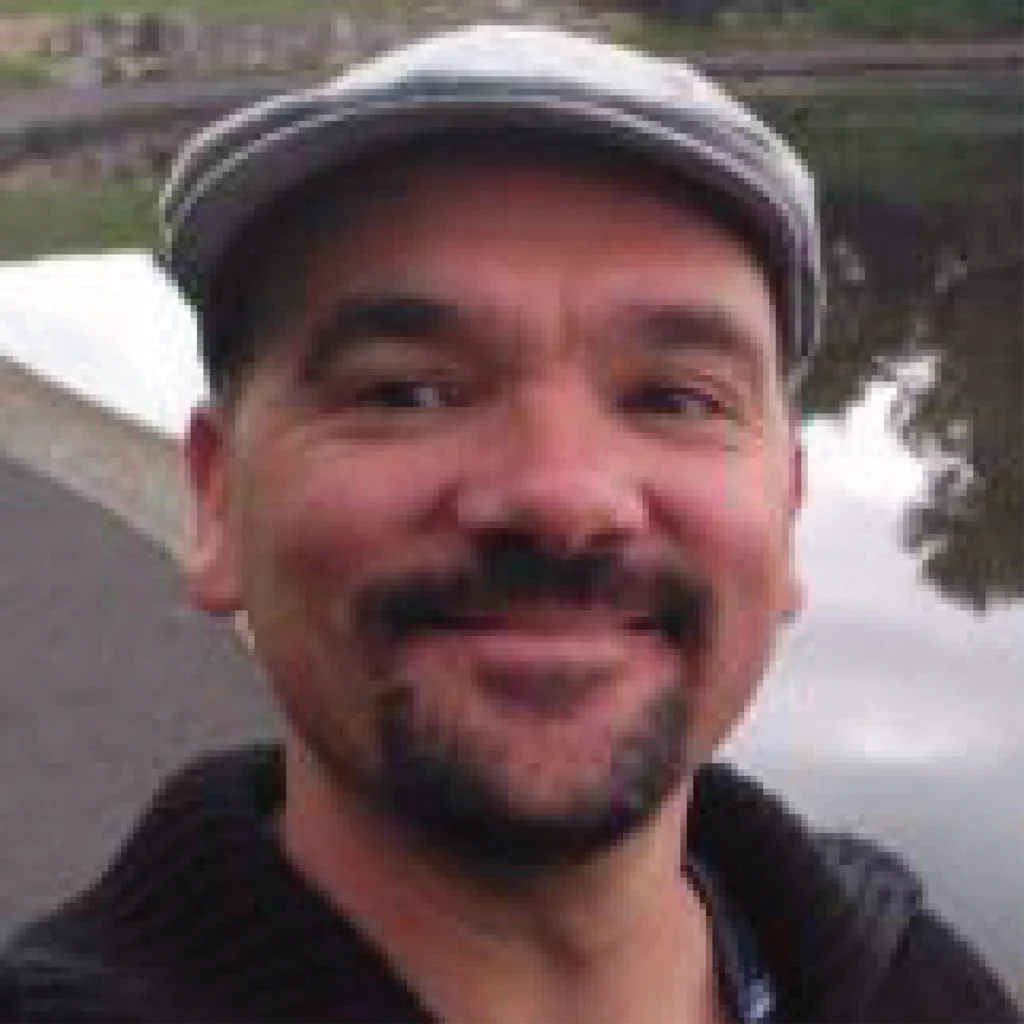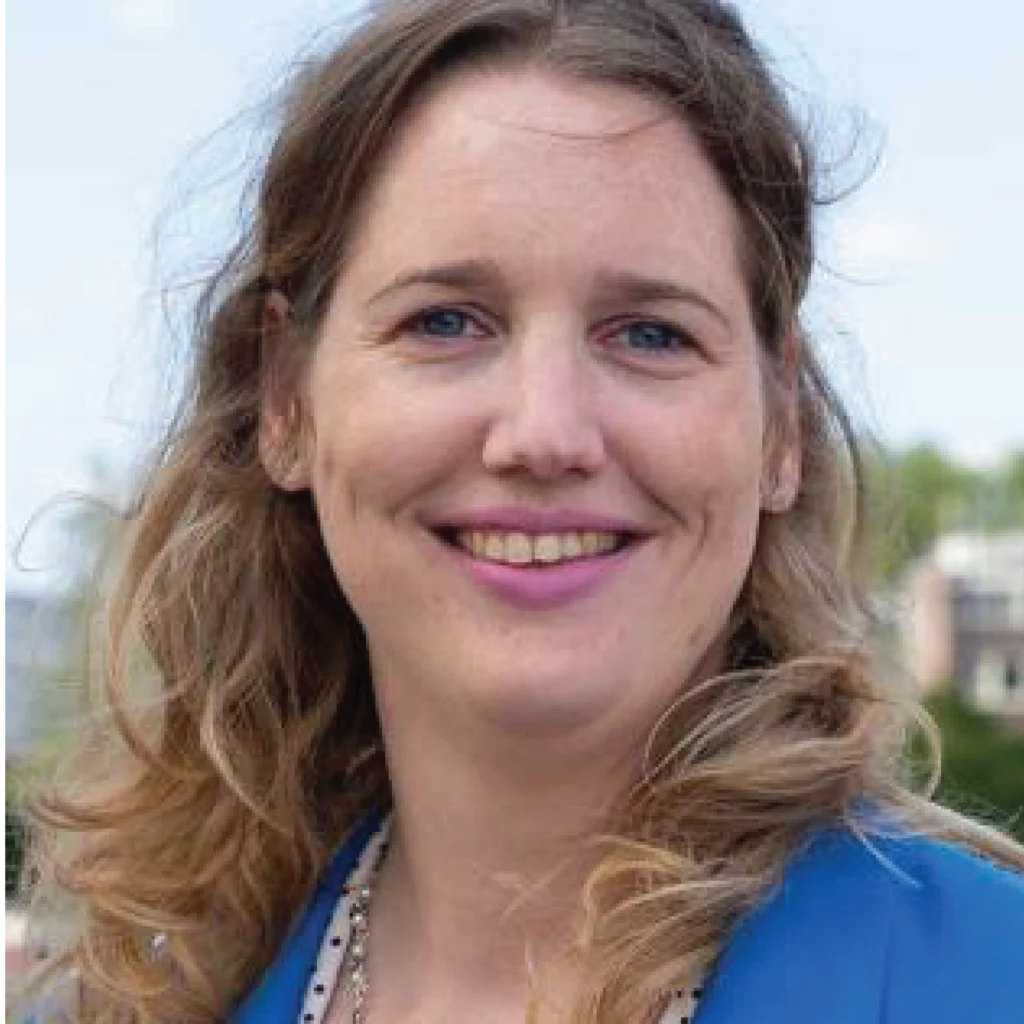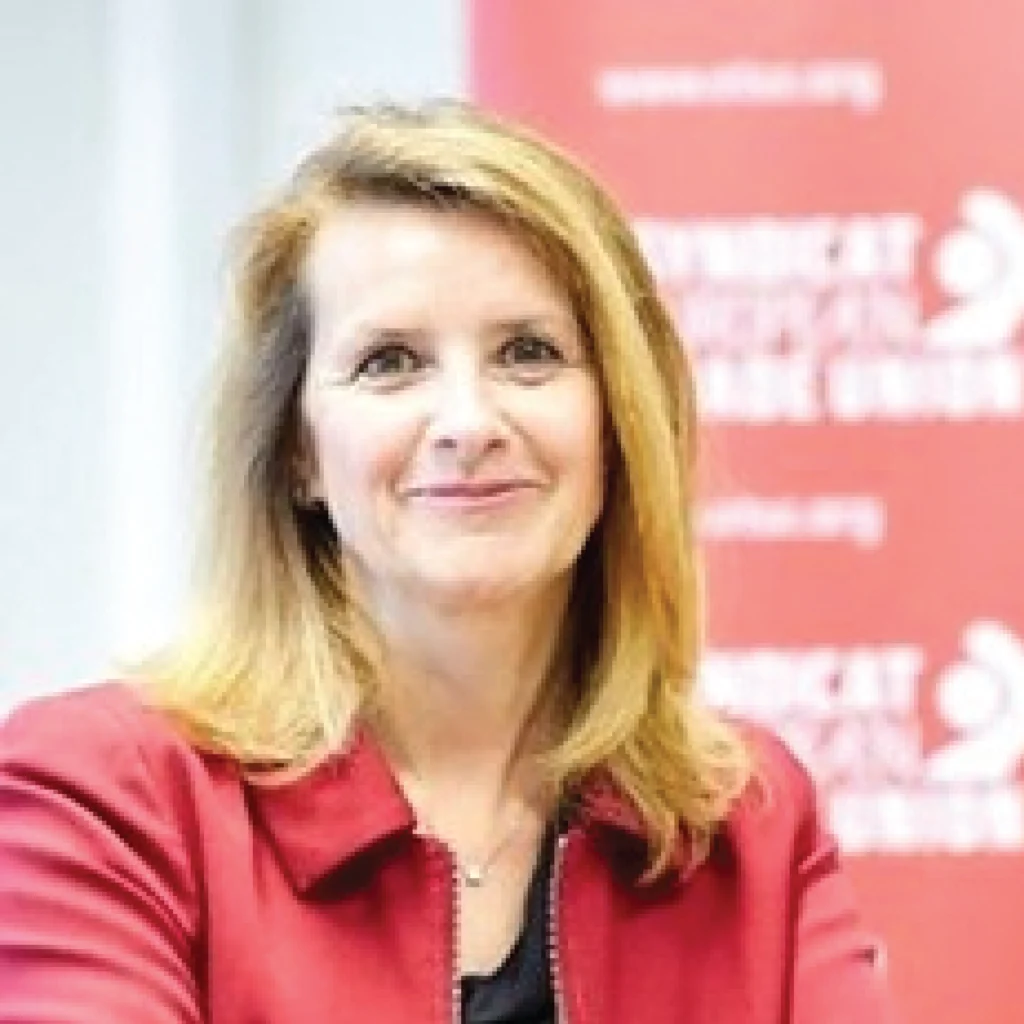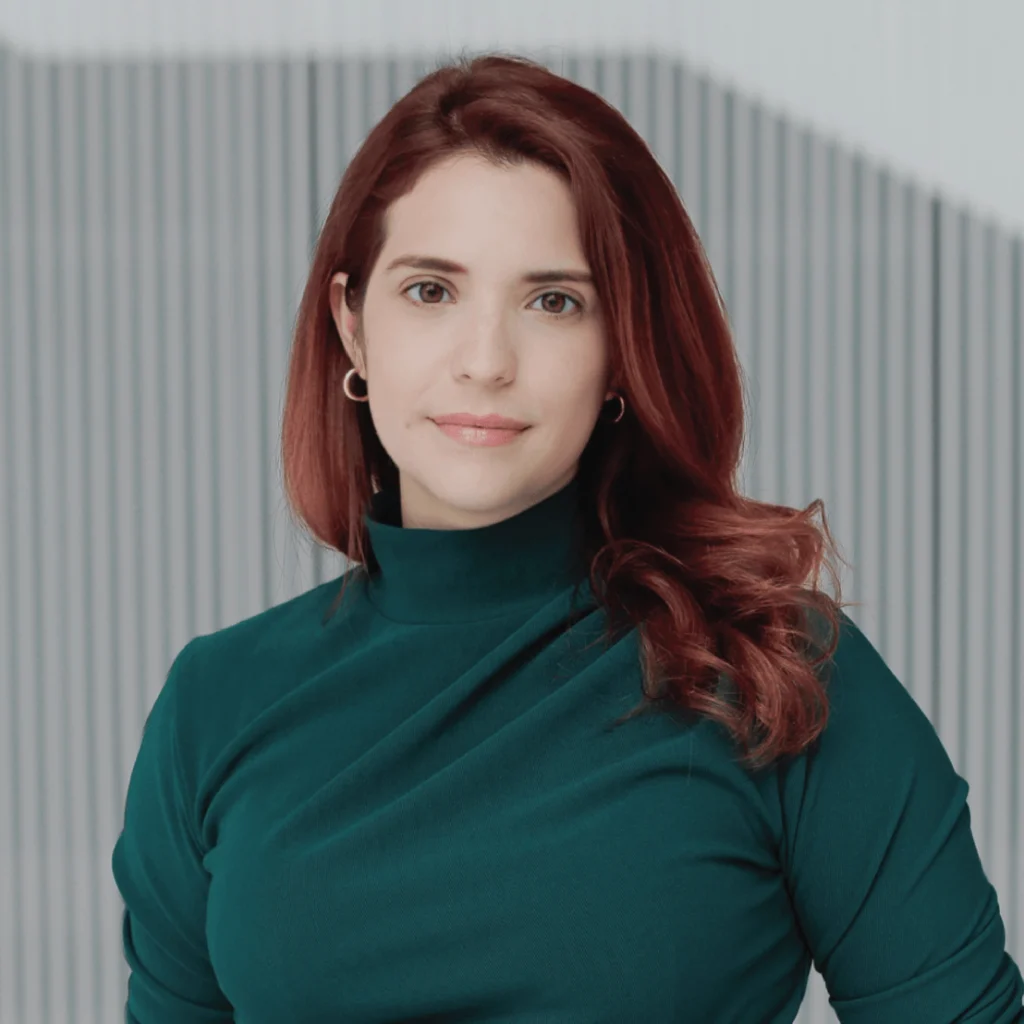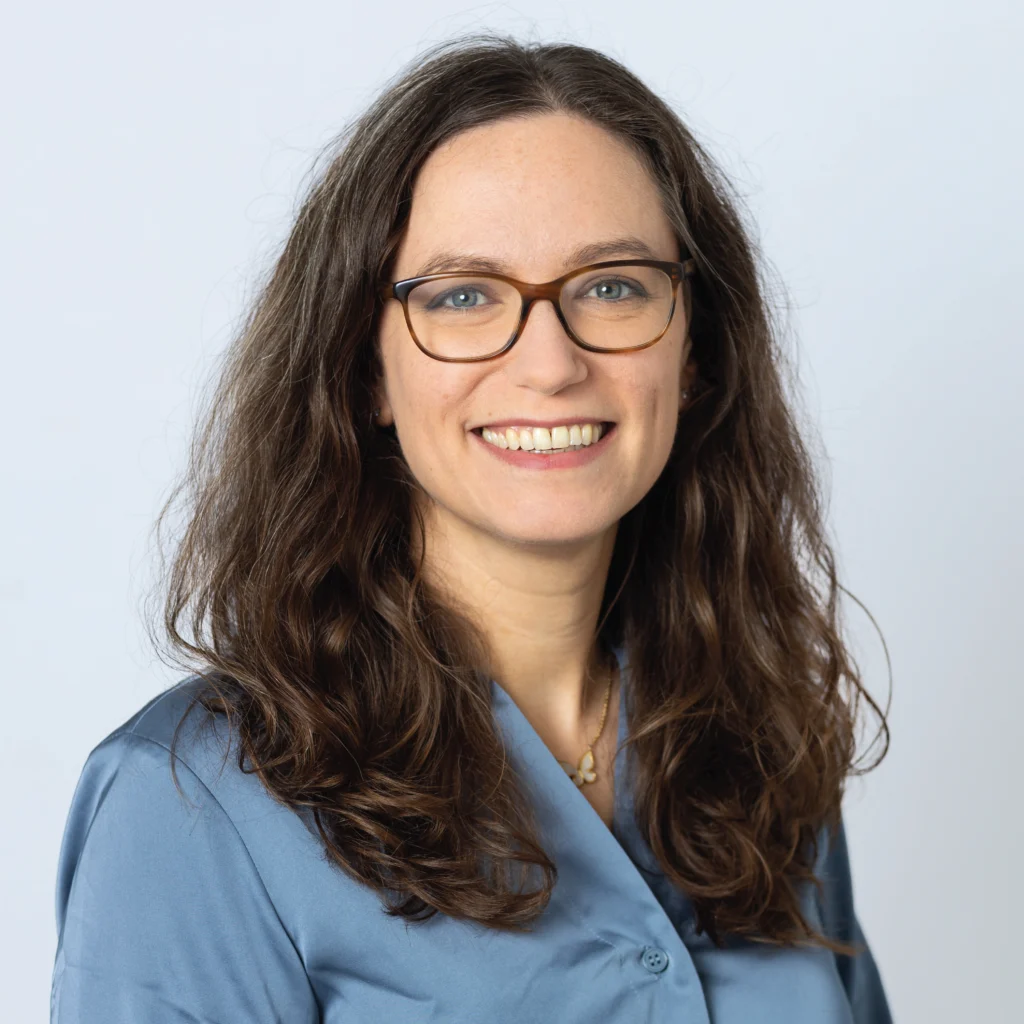
PROGRAMME
02 - 03 March 2026
08:45-09:15
- Morning coffee and registration
09:15-09:30
- Plenary
- Kick off
09:30-10:30
10:30-10:45
- Coffee break and networking
10:45-12:15
12:15-13:45
- Networking lunch
13:45-15:00
Artificial Intelligence
The new Apply AI Strategy – between sovereignty and competitiveness
- 13:45 - 15:00
- Room 204
Energy & Climate
How international carbon credits could help the EU to regain climate leadership
- 13:45 - 15:00
- Room 202
EU Enlargement
Investing in security: how to strengthen the EU’s future members
- 13:45 -15:00
- Room 214
Democracy
Revamping the European Citizens’ Initiative: bringing DEI in from the cold
- 13:45 - 15:00
- Room 201B
EU Budget
Lost in negotiations: a new MFF without common vision?
- 13:45 - 15:00
- Room 212
Migration
Rethinking return: safe third countries, return hubs and rights-based alternatives
- 13:45 - 15:00
- Room 201A
Global Gateway
Global Gateway: critical raw materials, connectivity and Europe’s strategic choices
- 13:45 - 15:00
- Room 206
15:00-15:15
- Session transfer
15:15-16:30
Quantum
The EU transition to quantum safe: an entangled discussion
- 15:15 - 16:30
- Room 201B
Future of Work
Brain capital and the future of work: rethinking labour markets for the AI age
- 15:15 - 16:30
- Room 206
Digital Regulation
EU digital regulation: too much of a good thing?
- 15:15 - 16:30
- Room 211
EU Institutions
The second von der Leyen Commission: how is the EU executive faring?
- 15:15 - 16:30
- Room 201A
Artificial Intelligence
How can Europe prepare for the autonomous AI agent economy?
- 15:15 - 16:30
- Room 204
16:30-17:00
- Coffee break and networking
17:00-18:30
18:30-18:45
- Coffee break
18:45-19:30
19:30-21:00
- Cocktail reception
09:00-09:30
- Morning coffee and registration
09:30-10:45
10:45-11:15
- Coffee break and networking
11:15-12:30
Energy & Climate
How can the EU deliver clean, reliable and affordable energy?
- 11:15 - 12:30
- Room 213
Rule of Law
An EU accountability scoreboard to uphold the rule of law, political integrity and transparency
- 11:15 - 12:30
- Room 201A
Digital
The EU International Digital Strategy: what code for tech diplomacy?
- 11:15 - 12:30
- Room 214
Governance
The next Horizon Europe: ideas for a more agile and effective governance
- 11:15 - 12:30
- Room 212
Artificial Intelligence
Ancient tongues, modern voices: AI for language and biocultural heritage
- 11.15 - 12.30
- Room 201B
quantum
How to unlock European leadership in the quantum computing domain?
- 11.15 - 12.30
- Room 204
Trade
From signature to standstill: what future for the EU-Mercosur agreement?
- 11.15 - 12.30
- Room 206
12:30-13:30
- Networking lunch
13:30-14:45
14:45-15:00
- Wrap up
15:00-17:00
By invitation only
CEPS advisory forum on the EU’s role in global health
- 15:00 - 17:00
- Room 212
By invitation only
Competition or competitiveness? At the intersection of competition and industrial policy
- 15.00 - 17.00
- Room 202
By invitation only
Between two giants: Europe’s strategy for double de-risking
- 15.00 - 17.00
- Room 211
By Invitation only
Breaking bottlenecks in the Digital Single Market
- 15.00 - 17.00
- Room 201A
By invitation only
The EU Return Regulation reform and international human rights obligations
- 15.00 - 17.00
- Room 204
By Invitation only
The European network for Technology Resilience and Sovereignty: tackling Europe’s digital dependencies
- 15.00 - 17.00
- Room 206
By invitation only
From frontlines to forums – amplifying climate voices that matter
- 15.00 - 17.00
- Room 214
OPEN SESSION
The future of Europe in the making: Young European Ambassadors on EU enlargement
- 15.00 - 17.00
- Room 213
Please note that this programme is subject to change
